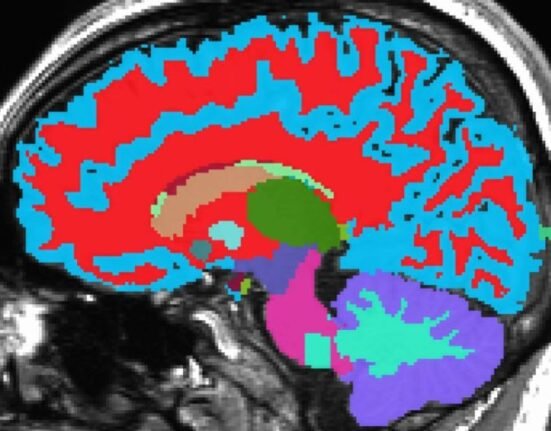HQ Team
December 13, 2023: Vertex Pharmaceuticals, a US-based biotechnology company, announced its mid-stage trial on a non-opioid oral drug for patients with diabetic peripheral neuropathy has yielded positive results.
“Treatment with all doses of VX-548 resulted in a statistically significant and clinically meaningful reduction in the primary endpoint,” of reducing nerve pain intensity, according to a statement from Vertex.
“Given the favourable benefit/risk profile of VX-548 seen in this study, we are working with urgency to advance this investigational non-opioid pain medicine into Phase 3,” said Carmen Bozic, MD, Executive Vice President, Vertex.
Currently, treatment options are limited, she said. “In addition, our Phase 3 studies of VX-548 in acute pain are on track to read out in the first quarter of 2024.”
Peripheral neuropathic pain is a collection of chronic conditions including painful diabetic peripheral neuropathy, painful lumbosacral radiculopathy, painful small fiber neuropathy and trigeminal neuralgia.
An estimated 10 million patients are prescribed a medicine for peripheral neuropathic pain every year in the US.
Numbness
The condition most often affects the legs and feet. For some people, symptoms are mild. Symptoms can be painful, debilitating and even fatal and can include pain and numbness in the legs, tingling, a burning feeling, aching, cramps and weakness.
In more severe cases, symptoms include issues with digestion, the bladder and controlling heart rate.
Vertex’s primary trial endpoint was the change from baseline in the weekly average of daily pain intensity during the 12-week treatment.
All VX-548 dose groups, between age groups of 18 and 80, had sustained mean reductions in pain from baseline starting in the first week with pain continuing to decrease until the fifth week.
“It was then maintained throughout the treatment period.”
A majority of adverse events in the study were mild or moderate in severity and there were no serious adverse events.
“There was one death in the mid-dose VX-548 group due to atherosclerotic cardiovascular disease, which was not related to the study drug,” according to the statement.








